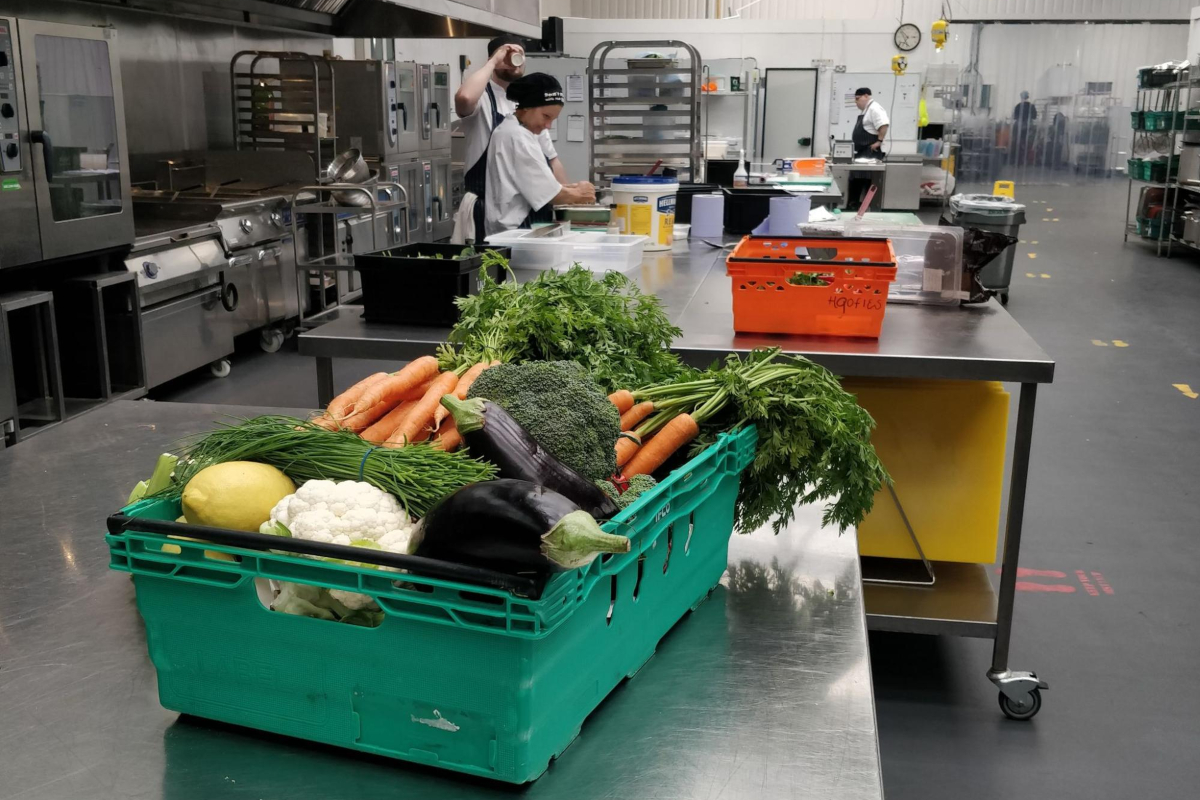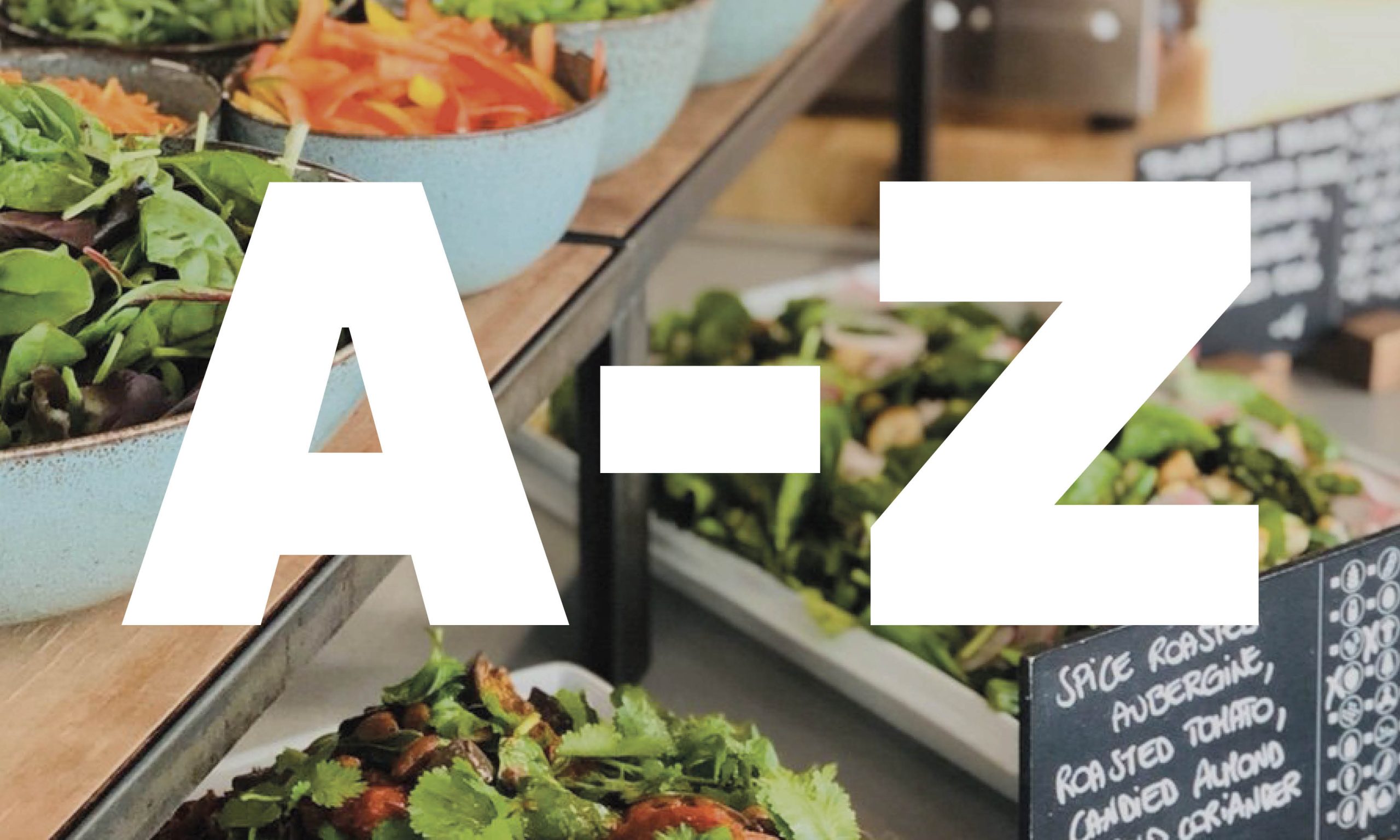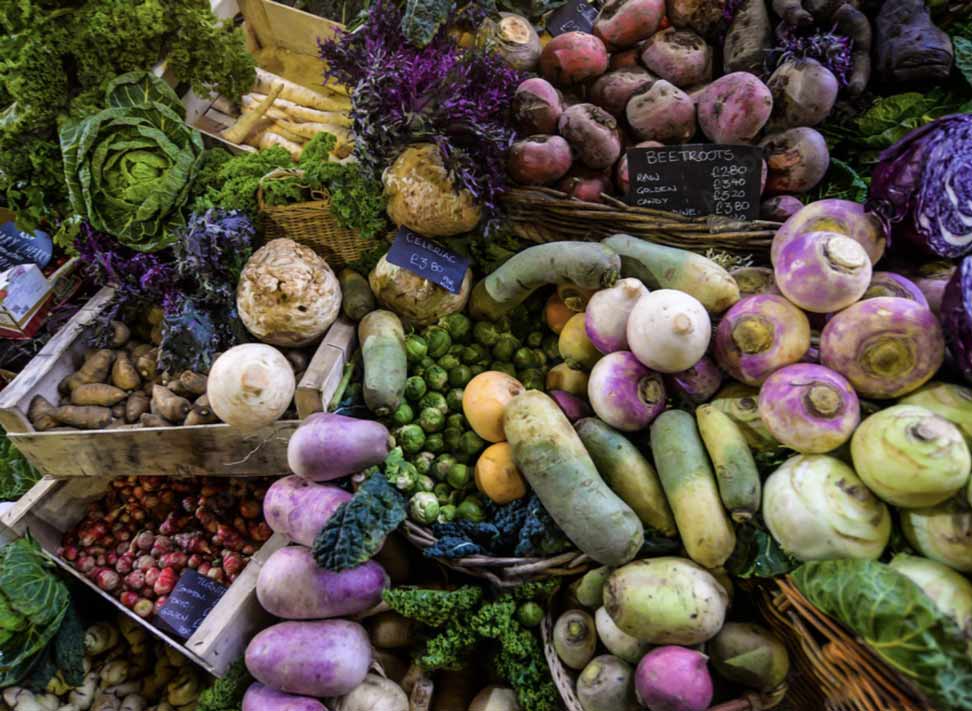Introduction
As Ireland looks at embracing a greener future, we’re all starting to think about the little choices we can make that are kinder to our world. One of the most important decisions is what we choose to eat. Sustainable, ethically sourced, free range — these are all words we look for when considering our purchases, but one of equal importance is whether food is organic or non-organic. Just what is the difference and why should you buy organic?
What is 'Organic' anyway?
To put it simply, organic food is produced without the use of man-made, synthetic chemicals such as those found in fertilisers, herbicides and pesticides. It also does not use genetically modified organisms or ‘GMOs’. Organic agriculture relies on natural methods to work towards a more sustainable, ethical, and environmentally friendly way of farming.
What does organic farming involve?
There is an ever-increasing pressure on our agricultural system to provide food for a growing population. Farmers have embraced advances in technology to increase the yield and efficiency of their products. For grains, fruits and vegetables, it can mean using genetically modified strains, or synthetic herbicides, pesticides and fertilisers. For meat and dairy products, it means the routine use of hormones and preventative antibiotics. While this can provide some great advantages, there are also consequences. Organic foods instead opt for more natural solutions to agricultural problems.
Without the use of those synthetic chemicals to protect their crops, organic farmers must use traditional methods such as crop rotations to maintain soil fertility. Organic products do not use GMOs and rely on natural pesticides, herbicides and fertilisers, attracting the natural predators of pests to keep them in check. While hormones and antibiotics might be used on organic meat and dairy animals, it is not routine and only done when necessary. To maintain healthy animals, organic farmers try to give them a higher quality of life, meaningly they are truly free-range.
Is it healthier for you?
The debate over whether organic food is more nutritional than conventional food has raged for decades. It was believed that their nutritional value was about the same, but more recent studies have shown organic food to be substantially better for you. Organic meat can contain 47% more omega-3 fatty acids, and less saturated fatty acids. They’re higher in antioxidants and lower in cadmium and nitrates, the latter of which is linked to some cancers. There has also been a worrying decrease in the mineral content of many crops over the past few decades in Ireland. There are a few potential causes for this, all linked to conventional farming methods, so going organic will mean you’re getting the most out of your five-a-day.
What about the taste?
As to whether that adds up to a better taste — some people certainly believe so! However, the taste is completely subjective, and this is difficult to prove. There is a chance some trace chemicals from conventional farming methods might affect the flavour, but there are so many variables that can affect this.
A price worth paying
Organic farming requires a more delicate touch than non-organic. Without preventative antibiotics, meat and dairy farmers must more closely monitor the health of their animals. These animals also tend to live longer, meaning they require more food over their lifetimes. Crops require frequent inspections and weeding without the use of pesticides and herbicides. Organic farming also requires more land use for a lower yield than conventional farming methods. All of this adds up to a more expensive, labour intensive method of farming that results in higher prices at your local grocery stores.
However, if you buy from a local farmer or producer, you might find the prices to be quite competitive with conventionally grown foods. It’s well worth having a look around your local farmer’s markets for good deals on seasonal produce.
Effects on the environment
The overuse of synthetic pesticides has contaminated our soil, water and food. These pesticides can be incredibly dangerous not just to wildlife, but to us too. And there are many other chemicals used in conventional farming that can find their way down the supply chain and onto our kitchen tables.
Organic farmers rely on nature to give them a helping hand. They cultivate healthy soil through crop rotation and natural fertilisers and create havens for wildlife that help control pests. This promotes higher soil and air quality. Organic farmers work with nature — not against it.
You’ll also find no preservatives in organic food, as they’re often locally sourced. This means they haven’t been transported as far and so have a much smaller carbon footprint. There’s no getting around the higher emissions caused by meat production though, so going for the veggie option is always a safe choice for the eco-aware.
What are the benefits of consuming organic food?
There is a growing concern towards rising antibiotic resistant bacteria due to the overprescription of antibiotics. These resistant bacteria can be passed on to humans through the consumption of contaminated produce. Eating organic produce reduces the risk of ingesting these resistant bacteria, as well as any chemicals used in hormones, synthetic fertilisers, herbicides and pesticides. Organic food is safer, more nutritional, kinder to the environment, and cheaper if you shop smart.
How do I know it's organic?
There are strict standards food producers must meet in order to be regarded as organic. These standards are maintained through inspections by an approved organic certification body. Products that pass the mustard get to slap a little label on their packages. In Ireland, organic food has to be certified by the Organic Unit of the Department of Agriculture, Food and the Marine (DAFM). You may also see the green leaf logo on EU products. Products labelled as organic have to be approved by these organisations. Alternatively, cut out the middleman and buy from local farmers or producers!
Conclusion
At Fooditude, we believe in sustainable, ethical catering, and use local, organic ingredients wherever possible. The food we provide doesn’t just taste good — it’s better for you and the environment. You can find out more about our sustainability practices here.




